
By Ernest Bako WUBONTO
Expanding financial literacy, particularly education focused on cryptocurrency markets, is the critical step needed to demystify misconceptions and unlock Africa’s vast digital asset potential, Head of Legal Counsel for Binance Africa, Larry Cooke, indicated.
Speaking at a high-profile symposium held in Accra, on the theme “Shaping the Digital Asset Future of Ghana,” the representative of the world’s leading blockchain ecosystem emphasised the urgent need for widespread financial education, especially targeting the youth, to foster a proper understanding of cryptocurrencies and digital finance.
Focusing on Ghana, he provided statistical figures showing that crypto asset holders represent 10 to 15 percent of the population, compared to bank account penetration exceeding 58 percent and mobile wallet usage between 40 percent and 50 percent.
Mr. Cooke, who explained cryptocurrency as not merely an asset, but fundamentally as a secure and immutable method for storing and transferring value, underpinned by its foundational whitepaper principles and driven by its community, argued that robust crypto infrastructure holds the transformative power to diversify Africa’s economic future.
“Africa possesses immense potential, characterized by abundant resources and exceptional mobile phone and internet penetration. However, translating this into economic growth requires embracing the transformative power of digital assets. While Africa’s GDPs remain stagnant and digital asset adoption is low, the Fourth Industrial Revolution, driven by crypto, presents unparalleled opportunities,” he highlighted.

He contextualised the discussion within the fourth industrial revolution (4IR), characterised by the unprecedented fusion of digital, physical, and biological systems.
He explained that this revolution builds upon the digital age but is defined by the breakneck speed, vast scope, and profound impact of technologies like distributed ledger systems.
These digital systems, Cooke clarified, record asset transactions simultaneously across multiple locations, eliminating the need for a central authority.
Providing some statistical context, he illustrated both the global momentum and Africa’s specific position, indicating that globally, an estimated 560 million people hold cryptocurrency accounts, compared to four billion bank account holders and 2.8 billion mobile wallet users.
Within Africa, which is home to over 1.5 billion people, representing 18.3 percent of the world’s population, crypto adoption is significant but has room for growth, with an estimated 50 to 70 million holders versus 600 to 700 million bank account holders and a similar number of mobile wallet users.
He pointed to Africa’s rapidly expanding internet user base, which reached 570 million in 2022 and is projected to hit 1.1 billion by 2029, to be a key enabler for crypto growth.
Opportunities in the Crypto Market
Touching on the opportunities presented by embracing crypto and blockchain technology, he stressed that for ordinary citizens, from the less affluent to the elite -the potential for greater financial inclusion, increased certainty in transactions, and expanded optionality in managing value.
For the private sector, encompassing startups to blue-chip companies, the technology offers new avenues to build, grow, and expand businesses, enhanced liquidity solutions, and pathways to greater sustainability.
For governing bodies and regulators like the Bank of Ghana (BoG), Mr. Cooke pointed to advantages linked to improved Anti-Money Laundering (AML) risk management, the development of new monetary policy tools such as stablecoins and Central Bank Digital Currencies (CBDCs), and overall support for their mandates in a digital age.
However, he also addressed the inherent risk factors. For individuals, he warned of the dangers of evasion tactics and the potential for forced migration driven by economic instability, underscoring the need for responsible participation guided by sound knowledge.
Founder of Web 3 Africa Group and Vice President of CDABI, Del Titus Bawuah, on his part, reiterated the importance of balanced progress between regulation and innovation, commending Ghana’s regulator, the Bank of Ghana (BoG), for introducing a sandbox system that gives room to innovation.
“Financial stability remains paramount, and regulation is key to achieving this. However, innovation must also be vigorously promoted. The Bank of Ghana’s sandbox framework is a commendable step, providing the necessary space for innovative solutions to be developed and tested responsibly within a regulated environment,” he said in an interview on the sidelines of the event.
The symposium, supported by key institutions including the BoG, the Securities and Exchange Commission (SEC), the Chamber of Digital Assets & Blockchain Innovation (CDABI), and commercial Banks, served as a powerful platform reinforcing that bridging the financial literacy gap is not merely beneficial, but essential for Ghana and Africa to confidently navigate and harness the transformative potential of the digital asset revolution.
The post Financial literacy key to unlocking Africa’s crypto potential -Binance urges appeared first on The Business & Financial Times.
Read Full Story

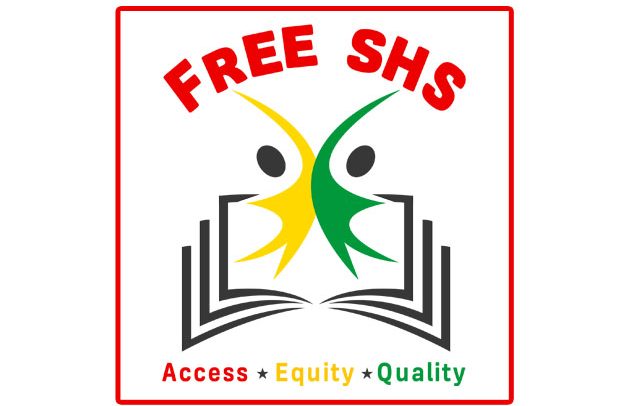
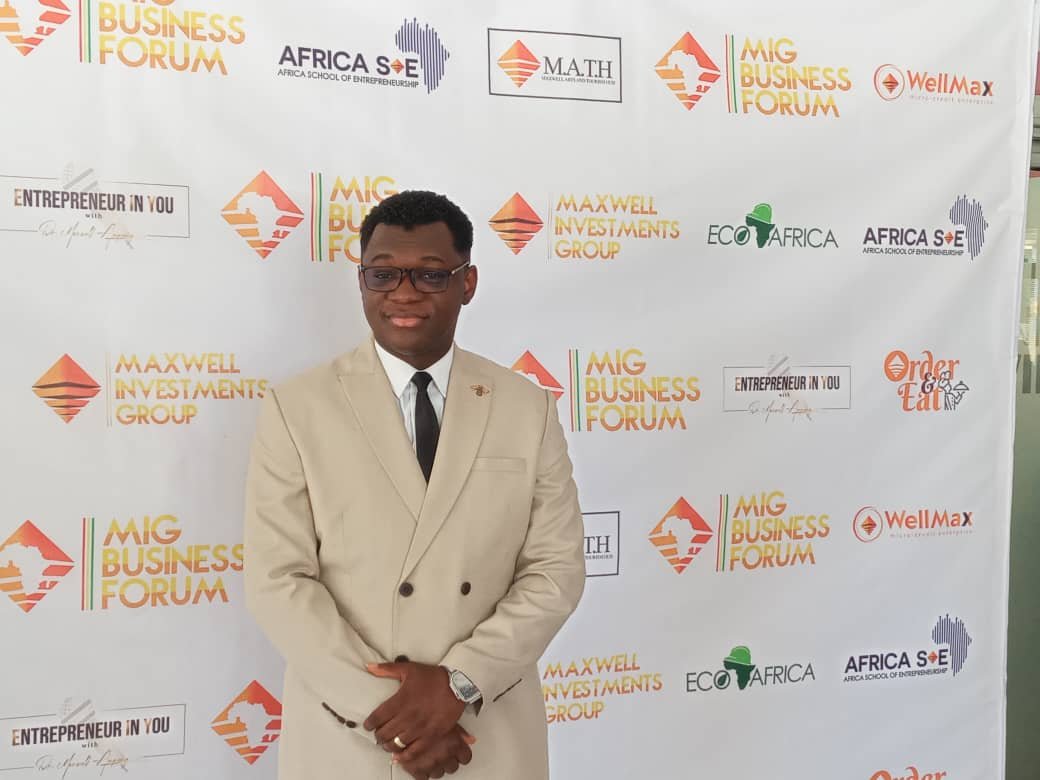

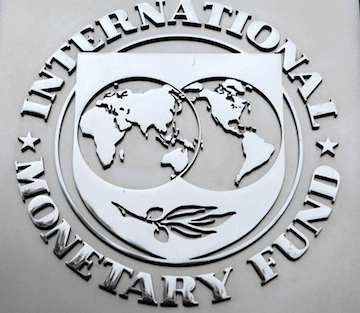
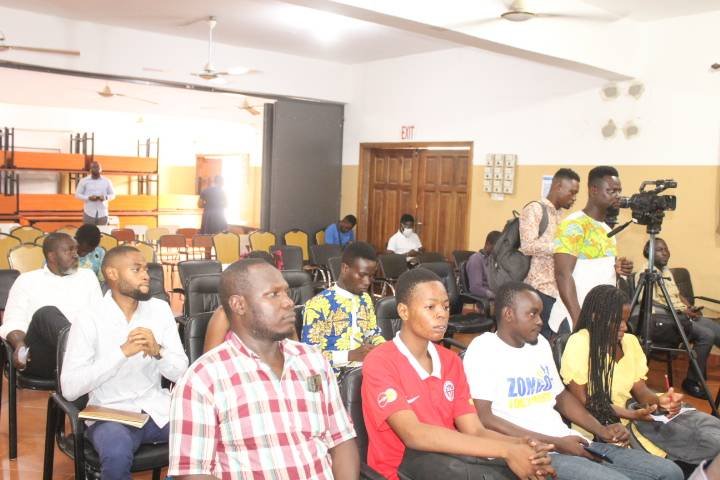





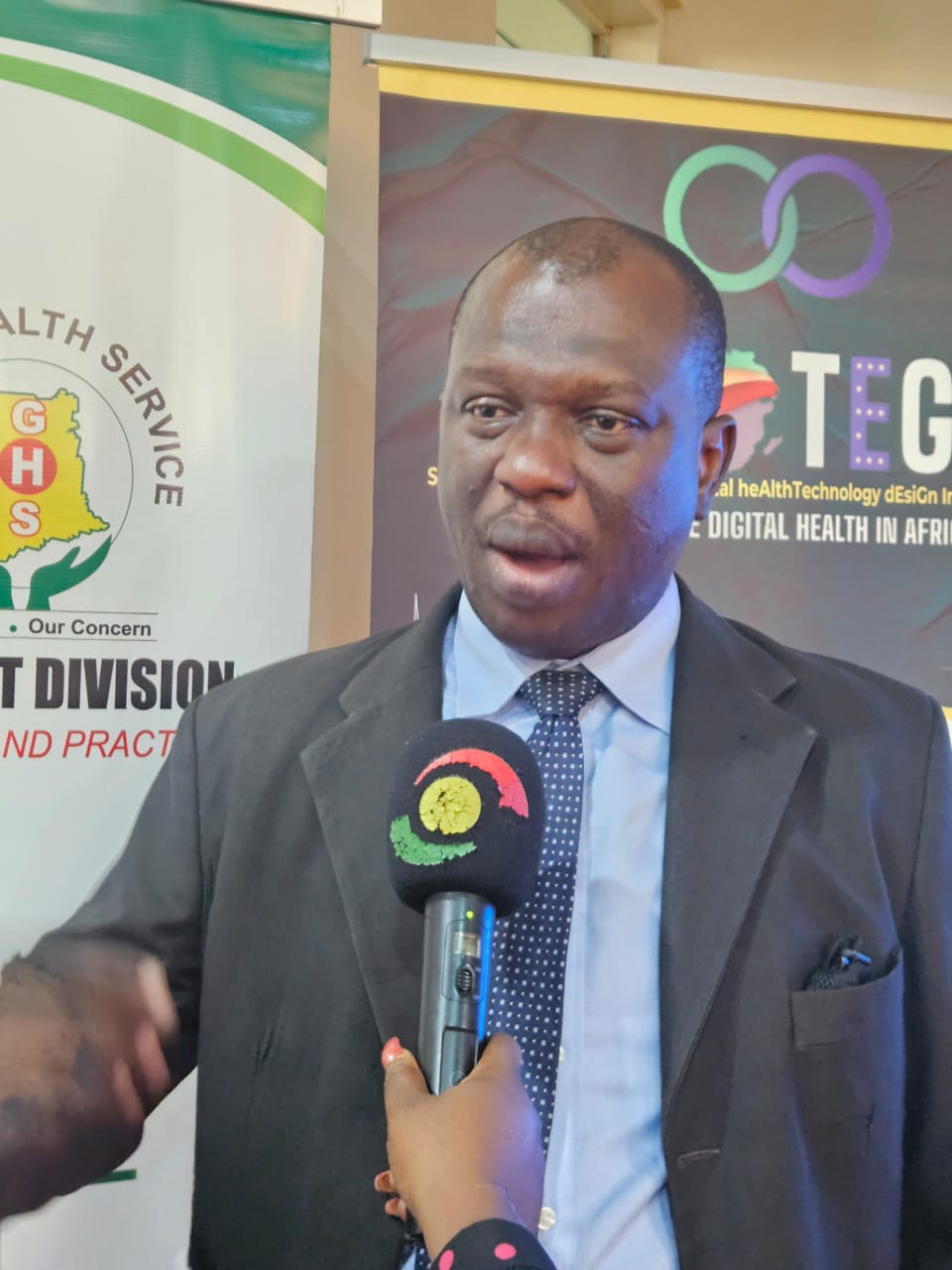



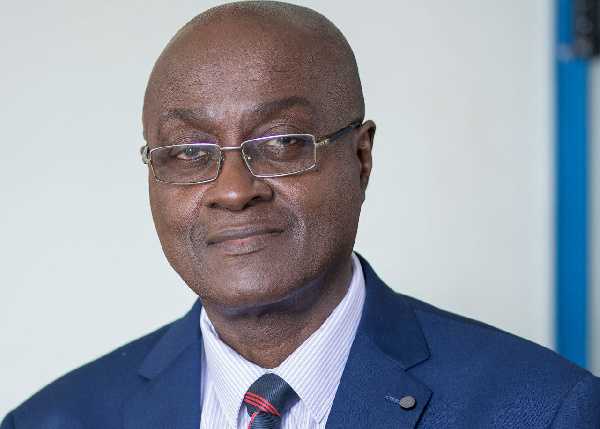
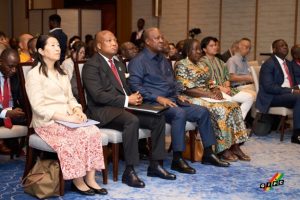
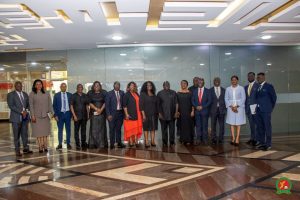
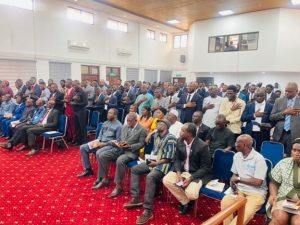

Facebook
Twitter
Pinterest
Instagram
Google+
YouTube
LinkedIn
RSS